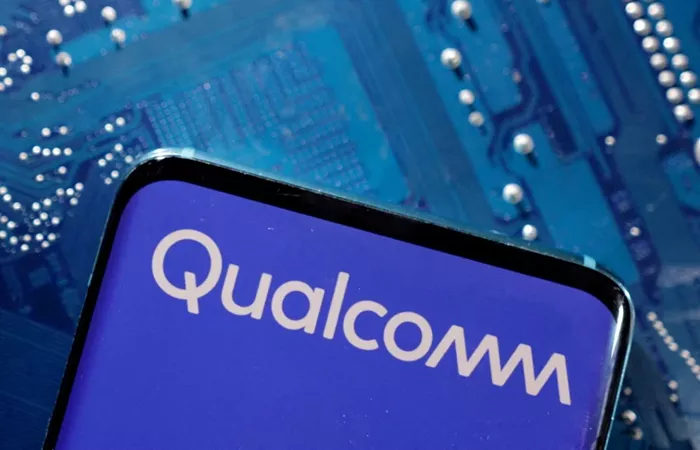Qualcomm Inc.’s interest in acquiring Intel Corp. has reportedly diminished, according to sources familiar with the situation, potentially derailing what could have been one of the largest technology acquisitions in history. The complexities surrounding a full acquisition of Intel have made the deal less appealing for Qualcomm, although there remains a possibility that Qualcomm could pursue parts of Intel or rekindle its interest in the future.
An acquisition of Intel would have ranked among the largest in corporate history, given Intel’s current market valuation. Such a deal would have surpassed Broadcom Inc.’s acquisition of VMware Inc. earlier this year and could have significantly reshaped the semiconductor landscape, creating a more formidable U.S. chip leader at a time when global governments are striving to bolster domestic supply chains.
Intel’s market value currently stands at approximately $107 billion, despite a staggering 51% decline in its stock price year-to-date. Qualcomm’s initial interest in Intel emerged after the latter’s disappointing earnings report, which revealed a bleak revenue forecast and announced a 15% workforce reduction as part of a strategy to “resize and refocus.” However, the potential transaction is fraught with challenges, including Intel’s substantial debt load exceeding $50 billion and anticipated lengthy antitrust reviews, particularly in critical markets like China.
Qualcomm would also face operational hurdles, especially regarding Intel’s semiconductor manufacturing unit, an area where Qualcomm has limited experience. The San Diego-based company has been exploring new markets—such as personal computers, networking, and automotive chips—with a goal of generating an additional $22 billion in annual revenue by fiscal 2029. CEO Cristiano Amon recently stated that they have not identified any large acquisitions necessary to achieve these revenue goals.
Intel is currently undergoing a transformation as it seeks to regain its position among leading chipmakers. Competing firms like Nvidia Corp. have been gaining ground in the race to meet the soaring demand for artificial intelligence chips. Intel’s CEO Pat Gelsinger has expressed his commitment to keeping the company intact while pursuing growth strategies that leverage its existing strengths.
In addition to its internal restructuring efforts, Intel is also negotiating with potential investors for its Altera programmable chip unit and expects to finalize these discussions early next year. Companies such as Lattice Semiconductor Corp. are reportedly interested in acquiring Altera outright, while private equity firms are eyeing minority stakes.
Despite the cooling interest from Qualcomm, analysts believe that both companies will continue to play significant roles in the technology sector. The evolving landscape of semiconductors presents opportunities for innovation and growth as both firms navigate their respective challenges and strategies.
Read more:
Investors Brace For Trade War As Trump Announces New Tariffs On Key Allies
Emerging Cryptocurrencies Poised For Growth As Trump Administration Promises New ETF Opportunities
Bitcoin Faces Longest Losing Streak Since Trump’s Election Amid Market Corrections

